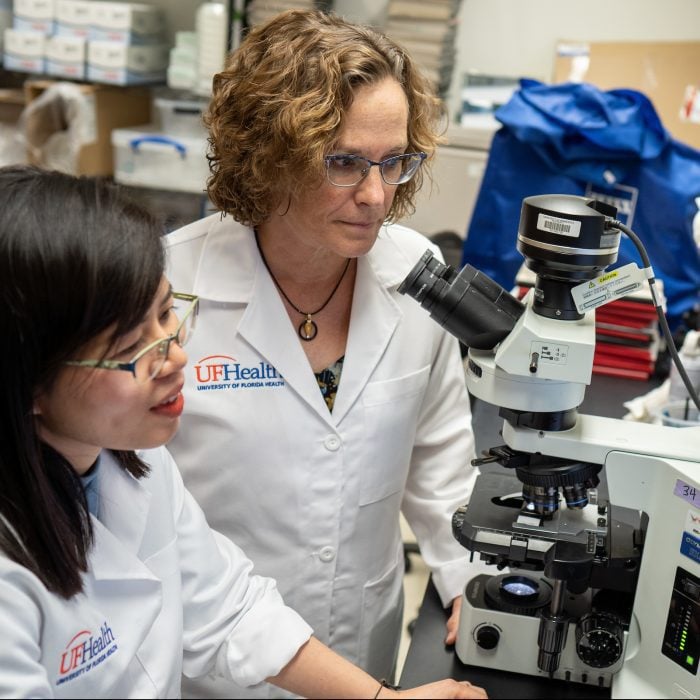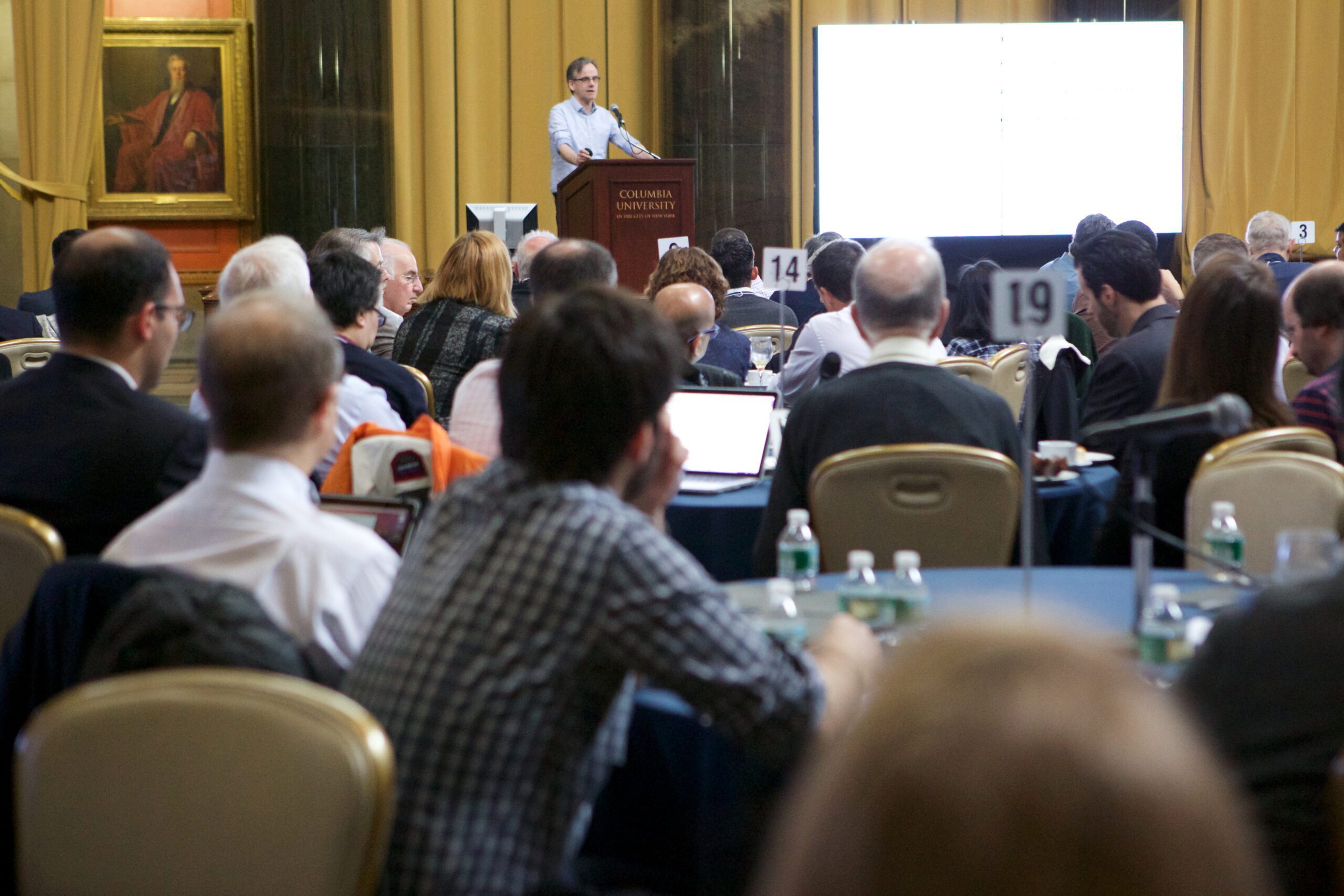On March 28, 2025, the Harvard Kennedy School unveiled a new teaching case that captures a seismic shift in how medical research can be conducted and funded. Titled Dan Doctoroff and the Power of Collaboration – Target ALS Accelerates the Race Against a Deadly Disease, the case study explores how one man’s vision, backed by strategic leadership and radical collaboration, transformed the landscape of ALS research—and perhaps offers a model for tackling any intractable challenge.
The study, co-authored by Senior Case Writer Pamela Varley and Lecturer Professor Linda J. Bilmes, is now part of the Kennedy and Business School curricula, designed to educate future leaders about effective philanthropy, systems thinking, and leadership across sectors. But at its heart, this is the story of Dan Doctoroff—a former New York City Deputy Mayor, visionary civic leader, and founder of Target ALS—who refused to accept the status quo after losing both his father and uncle to ALS, and later receiving a diagnosis himself.
“What set Dan apart,” said Varley, “was his deep command of the subject, his clarity, and his ability to communicate at varying levels of complexity. He wasn’t just making grand claims—he was meticulously problem-solving.”
The Story Behind the Story: Writing the Case
Pamela Varley came to the project somewhat unexpectedly, stepping in after a colleague had to withdraw. The initiative was originally sparked by Professor Linda Bilmes, a former Harvard classmate of Doctoroff’s, who saw his work at Target ALS as a powerful teaching tool.
Professor Bilmes commented, “Since my days as his classmate, I have long admired Dan’s ability to tackle complex challenges with bold, strategic thinking. His leadership at Target ALS exemplifies how vision, collaboration, and urgency can drive real change. This case study not only tells the story of Target ALS, but offers a model for anyone looking to break down barriers and accelerate progress in healthcare and beyond.”
Though Varley hadn’t initially known much about ALS or the inner workings of medical research, she quickly recognized the makings of a compelling case.
“I saw immediately that this was a wildly ambitious undertaking,” Varley said. “As a storyteller, I was intrigued.”
In writing the case, Varley uncovered the complexity and fragmentation that has historically slowed progress in ALS research. She also discovered how Target ALS—though a relatively small foundation by research standards—managed to exert outsized influence by reshaping incentives, breaking down institutional silos, and fostering genuine cross-sector partnerships.
“This isn’t just a case about ALS. It’s about how systems change happens when someone listens hard, diagnoses problems clearly, and acts decisively.”
Disrupting the Research Status Quo
The case study focuses on Target ALS’s pioneering model known as the Innovation Ecosystem, which dismantles traditional barriers in medical research. This includes:
- Open access to critical resources, such as high-quality biosamples and preclinical tools
- Collaborative funding models that invite both academic labs and biotech companies to apply jointly
- Unrestricted data sharing to ensure transparency and accelerate discovery
Doctoroff’s strategy was not to build a mega-foundation, but to maximize impact through smarter deployment of limited resources. That meant listening—really listening—to what researchers needed, understanding the bureaucratic and structural roadblocks, and creating solutions that invited more players into the fight.
“The money matters, of course,” Varley said. “But what struck me most is how they used strategy, not scale, to punch above their weight.”
A Lesson in Human-Centered Leadership
For Varley, one of the most profound takeaways wasn’t just how Target ALS changed research mechanics—it was how it elevated human connection. She noted how researchers, pharma executives, and even early-career scientists found Target ALS to be a trusted partner and convener, especially at its annual meeting, which organically evolved into a must-attend networking and collaboration hub.
“No one started out thinking ‘let’s make the coolest ALS annual meeting,’” Varley said. “But when it started to gain that kind of energy, Target ALS leaned in and made it something powerful. That kind of adaptive leadership is rare.”
Varley also highlighted a surprising insight: even in a world driven by profit margins, small foundations can influence big pharma. “I assumed a foundation like Target ALS couldn’t shape investment decisions in biotech. I was wrong. Pharmaceutical companies care about ease of collaboration, research infrastructure, and internal advocacy. That was eye-opening.”
A Blueprint for Broader Change
Though anchored in ALS, the case study resonates far beyond medical research. Varley believes it offers a model for problem-solving across sectors—especially in a time when government and philanthropic leaders alike are seeking more effective ways to tackle large-scale social issues.
“It’s ostensibly about being an effective philanthropist,” she explained. “But what it really teaches is how to build an organization that listens, adapts, and acts on what matters. That’s a lesson every student, policymaker, and leader can use.”
For Dan Doctoroff, the case marks a milestone in a personal and professional journey marked by urgency and purpose.
“We have fundamentally changed how ALS research is conducted,” Doctoroff said. “This case study captures the urgency, collaboration, and strategic thinking that have driven Target ALS. This is a blueprint not just for ALS, but for solving any seemingly intractable problem.”
“Dream Big. Listen Hard.”
Asked to reflect on what message she hopes students and readers take from the case, Varley kept it simple:
The Target ALS case study is now available through the Harvard Kennedy School Case Program and will be used in classrooms to spark discussions not only on leadership and philanthropy—but also on hope, strategy, and what happens when a small organization dares to challenge an entire system.
Read the full press release here.




